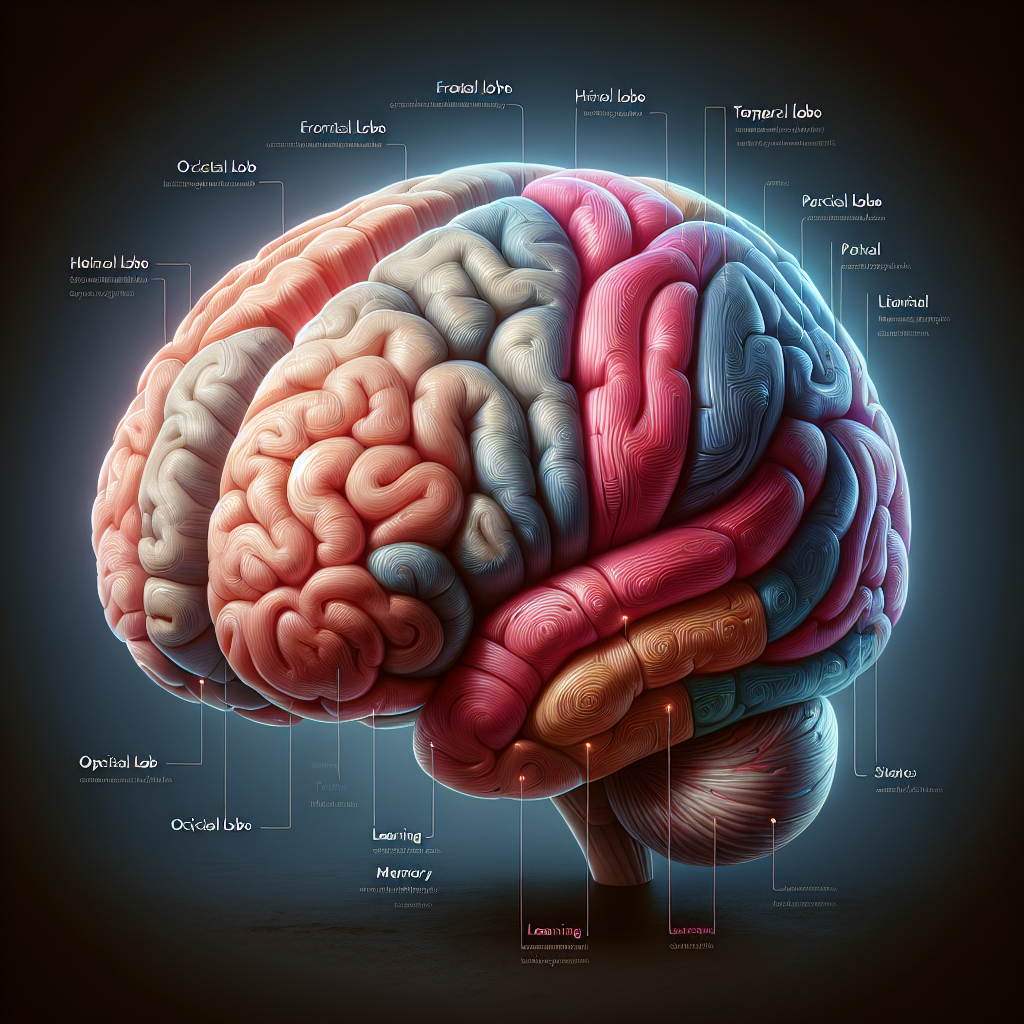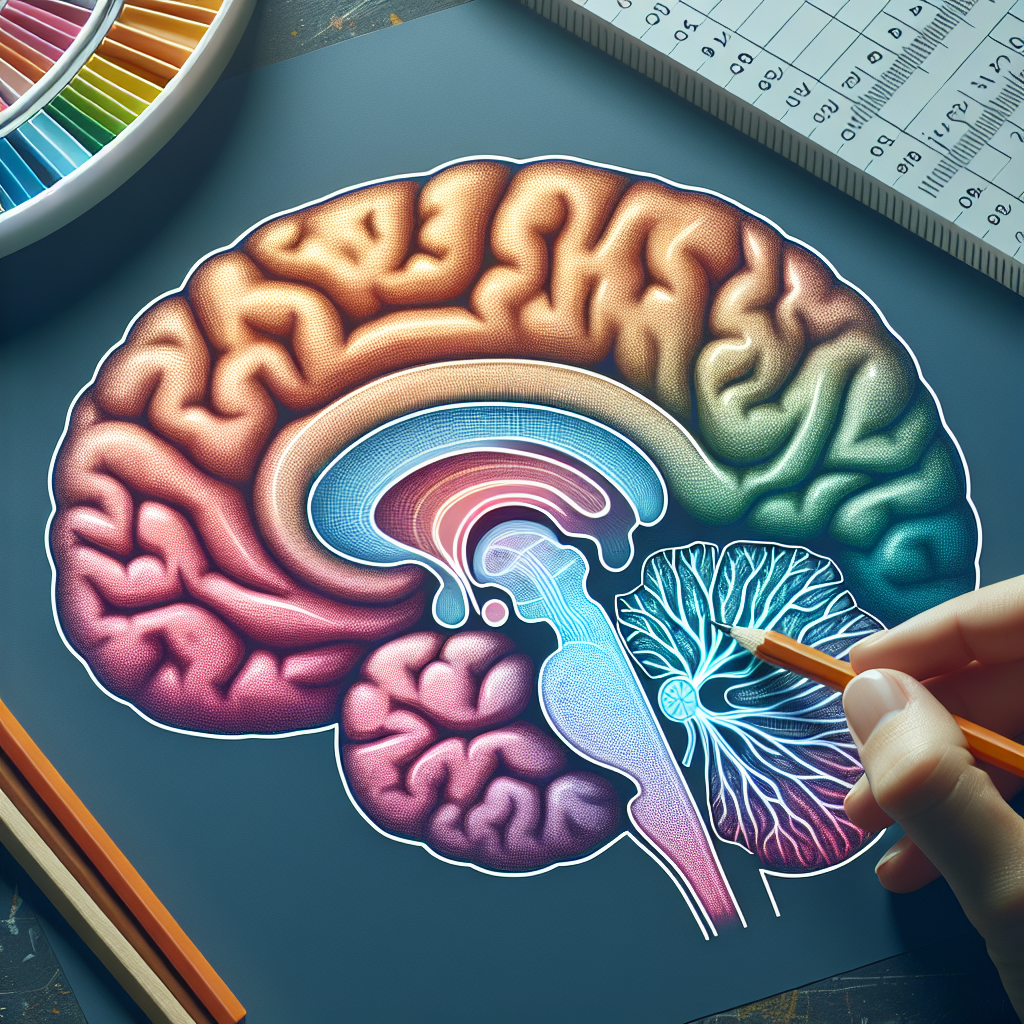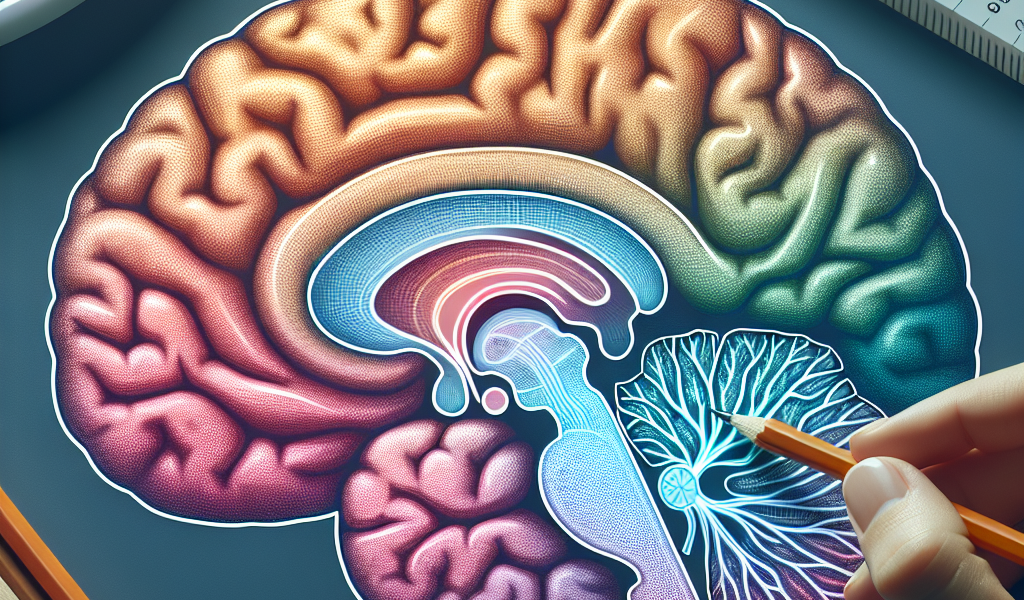What Research Or Studies Support The Effectiveness Of Cognitive Rehabilitation Therapy?
Imagine embarking on a captivating voyage through the intriguing realm of cognitive rehabilitation therapy. Your journey meanders along the path of well-crafted research and reputable studies that affirm the astounding efficacy of this profound therapeutic approach. From research papers to groundbreaking clinical trials, you are about to discover how this dynamic therapy unfurls its magic to mend cognitive impairments and foster enhanced brain functions. Brace yourself for a fascinating exploration of what proponents and health experts assert about the effectiveness of cognitive rehabilitation therapy.

Understanding Cognitive Rehabilitation Therapy
Therapy may bring to mind images of laying on a couch, talking about your feelings. But in the world of cognitive rehabilitation, it’s a whole different ball game. Here, therapy takes a research-based approach to improve cognitive functions impacted by an injury, an illness, or the march of time.
Definition of Cognitive Rehabilitation Therapy
Cognitive Rehabilitation Therapy, often referred to as CRT, is a therapeutic approach designed to enhance functioning and independence in patients who suffer from cognitive deficits. These deficits could be due to various medical conditions, such as neurological diseases, brain injuries, or even aging. CRT aims to improve areas like attention, memory, problem-solving, and executive functions, which cover organizational skills and time management.
Goals and Methods of Cognitive Rehabilitation Therapy
The overarching goal of CRT is to improve cognitive functionality and by extension, the quality of your life. It can take different paths to do so. Some methods hone in on the specific cognitive deficits and work to restore the lost functions. Others may not restore a function entirely but will equip you with compensatory strategies. These strategies help you manage the cognitive challenges in innovative ways, such as using technology tools for memory aids.
Targeted Issues in Cognitive Rehabilitation Therapy
The reach of cognitive rehabilitation therapy stretches to many cognitive functions. Memory difficulties is one major problem point causing troubles with recalling information or events. Attention deficits can leave you struggling to concentrate. Problem-solving and decision-making capabilities might dwindle. Executive functions like setting goals or planning and organizing could be compromised. CRT steps in to address these fractured aspects of cognition.
Role of Cognitive Rehabilitation Therapy in Stroke Recovery
In the aftermath of a stroke, the road to recovery can be harrowing as you grapple with the residual cognitive and physical difficulties. However, cognitive rehabilitation therapy offers a beacon of hope.
Neurological Damage Post-Stroke
A stroke attack wreaks havoc on your brain, leading to neurological damage. The damage might affect your usual cognitive abilities, resulting in puzzling memory issues or troublesome attention deficits. Depending on the severity and location of the stroke, you might experience different types of Cognitive Impairments.
Cognitive Recovery Through Rehabilitation
CRT, in this context, works on minimizing the impact of these post-stroke deficits. It employs techniques to repair the cognitive functions or teach alternative strategies to cope. The synergic operation of restorative and compensatory methods conjures an environment conducive for you to meet the cognitive challenges head-on.
Relevant Studies and Research Cases
Scientific literature teems with studies illuminating the virtues of CRT in stroke recovery. The controlled trials have shown gains in memory and attention, contributing to better daily functioning. Research, thus endorses the role of CRT as a key assassin to mitigate the neurological aftermath of a stroke.
Cognitive Rehabilitation Therapy for Traumatic Brain Injury
A traumatic brain injury (TBI) can be a life-altering event, causing intense upheaval in your cognitive abilities. But, CRT comes to the rescue, aiming to make a positive difference.
Impact of Traumatic Brain Injury on Cognitive Functions
A TBI can result in a range of cognitive issues, from memory weaknesses to slowed processing speed, attention problems to impaired executive functions. It’s like the brain’s command center is thrown off course and needs recalibration.
Cognitive Rehabilitation Strategies for TBI
CRT serves as the tuning fork for this recalibration. Application of specific task-oriented exercises or usage of cognitive orthotics are some of the ways CRT helps you adapt to the effects of TBI. It aims to restore or improve the cognitive abilities and functional independence that took a beating with TBI.
Research on Therapy Effectiveness Post-TBI
Various studies seem to indicate that CRT can be a potent tool in TBI rehabilitation. Significant improvements have been documented in areas like memory and attention, offering much-needed relief from the cognitive fallout of TBI. Hence, the research has nudged CRT into the spotlight as an essential player in post-TBI healing.

Cognitive Rehabilitation for Dementia and Alzheimer’s
In the journey through Dementia and Alzheimer’s, cognitive decline is an unwelcome companion. However, CRT extends a helping hand to minimize this cognitive downturn.
The Precept of Cognitive Decline
On the road of Dementia or Alzheimer’s, cognitive decline is often inevitable. Processing information may become slower, memory might prove to be unreliable, and the ability to perform everyday tasks could be hindered.
Cognitive Rehabilitation Versus Pharmacologic Treatment
While pharmacologic treatment does serve a purpose, it’s not the only knight in the armor. Cognitive rehabilitation also takes center stage in this battle. It empowers you with strategies to manage everyday tasks and improve your competence in these tasks, irrespective of the progression of the disease.
Research Supporting Cognitive Rehabilitation in Dementia
Studies are increasingly recognizing CRT as a viable therapy for dementia, highlighting improvement in functional competency. Randomized controlled trials have suggested that tailored cognitive rehabilitation can aid in restoring lost abilities or managing existing ones better. Thus, CRT is slowly carving out a significant role in dementia care.
Memory Improvement Through Cognitive Rehabilitation
A failing memory is a cause for concern for many. However, cognitive rehabilitation therapy brings promising news, pointing towards potential improvement.
The Challenge of Memory Impairment
Imagine forgetting a dear friend’s name or misplacing your house keys too often. Memory impairment is not just about forgetting. It’s about the challenges that come along with it, disrupting your daily life. But, help is just around the corner.
Memory Training in Cognitive Rehabilitation
Through memory-focused exercises and tasks, CRT works to strengthen your memory muscle. It also offers adaptive strategies, such as using mnemonic devices or establishing routines, to help you manage in spite of the memory problems.
Studies Regarding Memory Improvement
Research has amply backed up the effectiveness of CRT in enhancing memory. Rigorous memory training has demonstrated improvement in recall among patients with different degrees of memory deficits. Evidence, thus garners credibility for CRT as a memory booster.
Effectiveness of Cognitive Rehabilitation in ADHD
Attention Deficit Hyperactivity Disorder, or ADHD, underlines multiple cognitive impairments. And here, CRT chips in its expertise.
ADHD and Cognitive Impairment
ADHD not only affects your ability to pay attention but could disrupt multiple cognitive domains. Working memory, response inhibition, or slow processing speed are among the common cognitive hurdles you may experience.
Role of Cognitive Rehabilitation in ADHD management
CRT in ADHD management aims to address these enduring cognitive impairments. Guided by the knowledge of the affected cognitive domains, personalized rehabilitation plans are set in motion. These plans may involve focused attention training or adaptive strategies to compensate for the impairment.
Studies Endorsing Cognitive Rehabilitation for ADHD
Studies on the effectiveness of CRT for ADHD have started to trickle in. They showcase some encouraging results, pointing towards improvement in working memory and response inhibition. Albeit nascent, the research is setting a stage for CRT to play a critical role in ADHD management.
Cognitive Rehabilitation Therapy in Mental Health Disorders
Mental Health Disorders are not just about emotional upheaval. Often, they come with lesser-known cognitive deficits. And CRT rolls up its sleeves to combat these.
Cognitive Deficits in Mental Health Disorders
Mental health disorders often shadow cognitive deficits. You might struggle with attention, face issues with memory, or experience problems in processing information. These deficits may gnarl your general functionality and mar your quality of life.
Cognitive Rehabilitation as a Therapeutic Intervention
CRT acts as therapeutic intervention, effectively tuning the cognitive deficits. It adopts targeted approaches to recover lost cognitive skills or to ingrain compensatory strategies.
Research Supporting Cognitive Rehabilitation in Mental Health
Evidence is mounting to endorse CRT as an effective therapeutic intervention for mental health disorders. Clinical trials have cataloged improvements in different areas of cognition, leading to a better handle on daily life challenges. The research thus bolsters the reputation of CRT as a vital ally in mental health care.
Improving Executive Functioning Through Cognitive Rehabilitation
Executive functions are pivotal to living a proactive life. When they falter, the ripple effects can be overwhelming. CRT offers a solution.
Understanding Executive Functions
Executive Functions are the brain’s CEO, steering key abilities like planning, problem-solving, and multitasking. If they are disrupted, your ability to manage daily activities could take a hit.
How Cognitive Rehabilitation Impacts Executive Functions
CRT targets to mend these disrupted executive abilities. Employing strategic exercises or tasks, it works to reshape lost abilities or promote adaptive ways to compensate.
Research on Improvement in Executive Functions
The mantle of proof is taken up by numerous studies, demonstrating CRT’s effectiveness in boosting executive functions. The gains are visible in enhanced planning and problem-solving skills and better cognitive flexibility. Thus, the research seems to vouch for CRT as a reliable tool to sharpen executive abilities.
Cognitive Rehabilitation and Aging
Aging can take a toll on cognition. But CRT is there to soften these age-related cognitive jitters.
Cognitive Changes With Aging
As you age, certain cognitive aspects could dwindle. You may experience slowing of thought processes, diminished attention, or memory lapses. These changes can meddle with your daily life, leaving you perplexed.
Role of Cognitive Rehabilitation in Healthy Aging
CRT could act as the anchor in the stormy sea of aging cognition. It addresses the age-related cognitive hurdles head-on, using strategic rehabilitation plans designed to enhance cognitive endurance.
Studies on the Impact of Cognitive Rehabilitation Amongst the Aged
Research has thrown a spotlight on CRT’s role in healthy aging. Studies hint at improved memory and attention capacities, leading to better management of daily tasks. Thus, CRT aligns aging cognition towards a path of greater stability.
Limitations and Future Directions in Cognitive Rehabilitation
Every good story has its share of challenges. So does cognitive rehabilitation therapy. But, the promise it holds motivates researchers to persist and dig deeper.
Known Limitations of Cognitive Rehabilitation Therapy
CRT is not a magic wand. Some patients may struggle to find a significant change or the carryover of acquired strategies into daily life. Furthermore, personalized rehabilitation plans demand intensive resources, making universal application a challenge.
Unresolved Questions and Future Research
How does one decide who may benefit the most from CRT? Can CRT improve cognitive performance in patients with severe cognitive deficits? These questions hover over the current understanding of CRT and beckon further research.
Building Evidence Base for Broad-Scale Adoption
Despite limitations, the potential of CRT is hard to overlook. And so, the scientific community is relentlessly engaged in building solid evidence. As the research base grows, the hope is that CRT’s adoption becomes widespread, and its benefits trickle down to more people grappling with cognitive difficulties.
In essence, cognitive rehabilitation therapy is helping countless individuals reclaim their cognitive abilities or learn new ways to navigate cognitive challenges. It’s like the mind’s personal trainer, flexing the cognitive muscles and pushing them towards better performance. As this field of therapy progresses, expect the future of cognitive rehabilitation to be even brighter, more versatile, and undeniably transformative.

